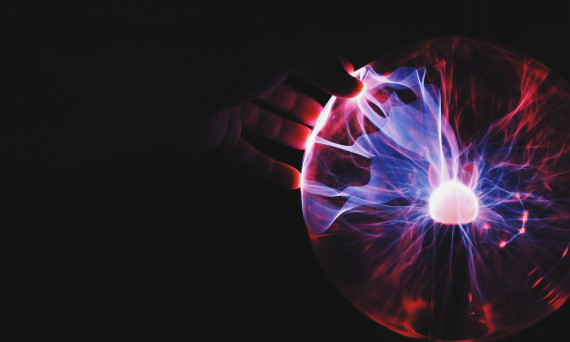Olga Bychkova, Dean of the Faculty of Sociology, Director of the Center for Science and Technology Studies (STS Center) of the European University, told the RBC.Trends about the trends in the science of the future — the entry of digital technologies into science, interdisciplinarity, the gradual disappearance of fundamental research, etc.
Here is an excerpt from the publication:
— There is a lot of talk about the incredibly increased specialization in science, both in the natural and humanities. From your point of view, does this trend have a future? How do you feel about him?
— Specialists, like “synthesizers,” are the norm for any activity. In my opinion, narrow specialists who dig their little hole all their lives are of great importance. If they don't dig it, there won't be someone who can synthesize it all. In short, both are needed.
Another question: is it worth somehow adjusting the balance between them, if we talk about the scientific environment? There is no answer to this question, although scientific administrators still harbor some hopes in this regard. But personally, it seems to me that when we begin to interfere in such processes, this leads to very sad consequences.
— If we talk about specific scientific problems, what key areas do you see where scientific progress will be especially active in the near future?
— I think the main process in science for the coming decades is the connection, synchronization or rapprochement of various scientific disciplines. I would call this a trend towards interdisciplinarity — a phenomenon that for some reason is replaced in our country with the vague word “betweendisciplinarity”.
I find this process especially interesting at the intersection of the natural and social sciences. For example, if we talk about the sphere of social theory, then it is already clear that humanitarian knowledge will have to enter a high-tech space that is absolutely unknown to it. I can say based on my experience what problems this movement will be fraught with.
In the last few years we have been trying to work with climate scientists. This is a very large group of scientists: atmospheric physicists, biologists, geographers, paleoclimatologists. We got together and discussed: “Let's do something together.” But when the joint process begins, then, in addition to purely bureaucratic problems, we are constantly faced with complete discommunication: we speak completely different languages.
This is a manifestation of the problem of enormous specialization in modern science, which we have already discussed above. All scientists have their own minks, and these minks themselves are localized in different forests. I, as an observer from the outside, often witnessed a situation where scientists from different specialties could not agree with each other. But the scientific community will have to learn this, to look for some kind of interdisciplinary language.
— Is it possible to identify specific scientific areas that are likely to develop particularly rapidly in the coming decades, given the current volumes and dynamics of investments?
Again, there’s nothing new here: the biggest money today is invested in biotechnology and space. But from these two directions, I think a lot will appear as a by-product. For example, in materials science, in energy.
At the same time, it is important to keep in mind the deep task that humanity is struggling and will continue to struggle with through the forces of technoscience. Both space exploration and technical modification of the human body actually pursue the same goal — victory over death.
More on RBC (Russian): https://trends.rbc.ru/trends/futurology/64eddae09a794749046742e8
Фото: Unsplash
